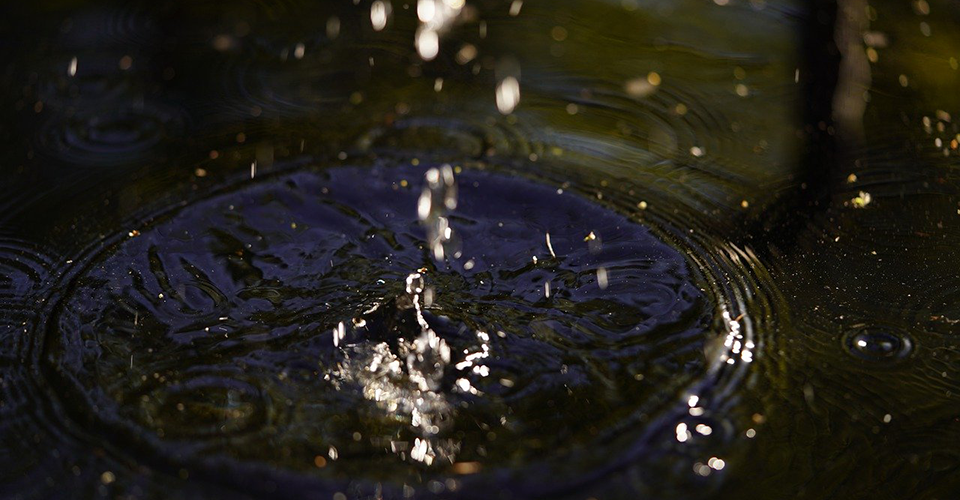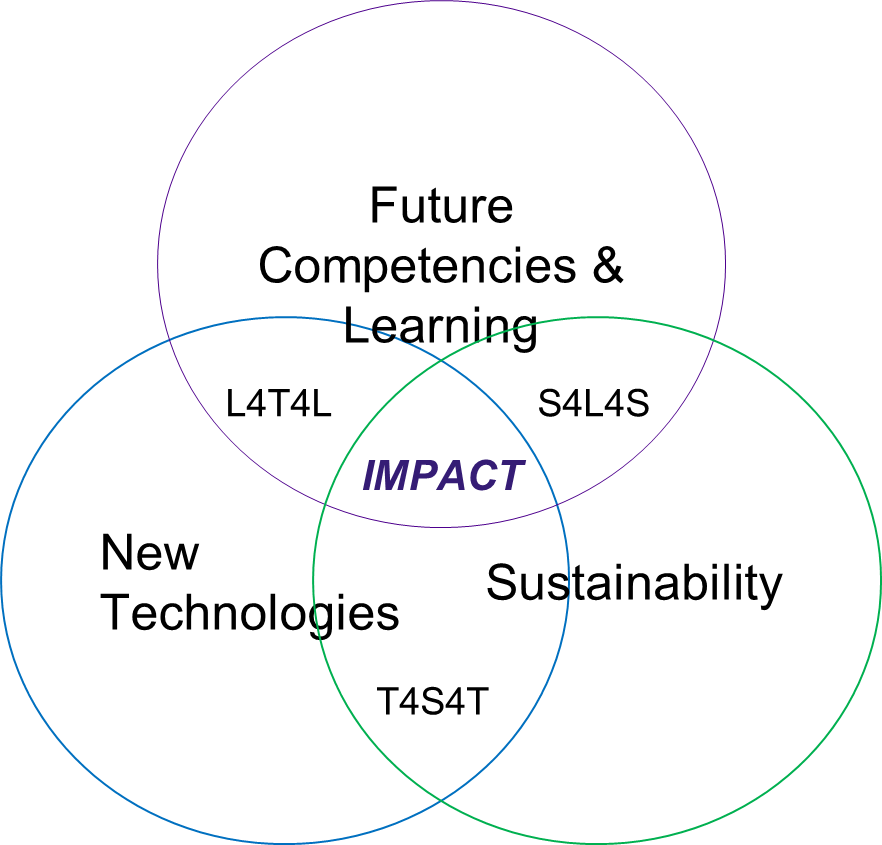
Amit Kumar Mishra, Jaana Seikkula-Leino & Eeva-Liisa Viskari
Universities of Applied Sciences need to make an impact in society
Universities of applied sciences (UAS) have existed in Finland since 1990’s. The statutory task of UAS’ is to provide professional higher education and promote the industry, business and regional development and regenerate the industrial structure of the region (Universities of Applied Sciences Act 932/2014). In recent years UASs have been actively seeking alternative ways of making an impact in the society both in terms of education and applied research and development activities.
Understanding impact creation – presenting IC1.0
There is a growing opinion that higher education institutes have to create impact. Tampere University of Applied Sciences has adopted a new approach and started to increase its impact in three strategic fields: sustainability, new technologies and future competencies and learning. These fields interact through the activities, and the team working together, thus creating impact in the society. Based on this, the authors suggest a Venn diagram (Figure 1) of these strategic fields, which may create impact, and call it the map of impact generation – IC1.0.
Real lasting impact is created by a consolidated effort in at least three domains, namely sustainability, new and emerging technologies, and future competencies and learning. Each of these three domains affects each other in a symbiotic manner.
- New technologies for sustainability and sustainability for new technologies (T4S4T)
Most of the goals listed in UN’s Sustainable Development Goals (SDGs) need major contributions from emerging technologies. At the same time, SDGs give motivations and challenges for technological innovations.
- Future competencies and learning and economy for sustainability and sustainability for future competencies and learning (L4S4L)
Be it learning or competency creation, the effect of sustainability is conspicuous. Universities and UASs can expand their business and education material and pedagogy by delivering materials, learning environments and other pedagogical initiatives in the domain of sustainability. Similarly, competencies and learning for technology, and technology for learning and economy (L4T4L) interact (Figure 1).

How is Tampere University of Applied Sciences creating an impact?
Tampere University of Applied Sciences is implementing a new approach in increasing its societal and educational impact. At the beginning of 2020, three new Impact Leaders have started their targeted work to increase the role of the university in research and development, build networks and strengthen the visibility and recognizability of the university as an R&D player, both nationally and internationally. The three strategic impact areas are:
- Adaptation of emerging technologies and 4IR
- Learning capabilities in modern work environments and international networks
- Ecological innovations and socio-cultural challenges.
Since the target of impact, creation involves a multidisciplinary approach of different domains, continuing knowledge creation, and specific procedures. To begin with, we are aiming to find a more particular understanding of the impact and its nature. What is impact, especially in UAS context? What will be our processes and ways to promote impact? With whom do we create an impact? What are the indicators? How to evaluate and assess the outcomes? These are the questions to be focused on. It cannot, however, be a task of one single UAS only. Therefore, fundamental discussion, both in national and regional level needs to be initiated; what has been the impact of universities of applied sciences in Finland nationally and regionally, and these days even more – internationally?
Authors
Amit Kumar Mishra, PhD, Impact Leader – Emerging Technologies and 4IR, Tampere University of Applied Sciences, RDI and Business Operations, amit.india(at)gmail.com
Jaana Seikkula-Leino, PhD, Impact Leader – Future Competencies and Learning, Tampere University of Applied Sciences, RDI and Business Operations, jaana.seikkula-leino(at)tuni.fi
Eeva-Liisa Viskari, PhD, Impact Leader – Sustainability, Tampere University of Applied Sciences, RDI and Business Operations, eeva-liisa.viskari(at)tuni.fi



